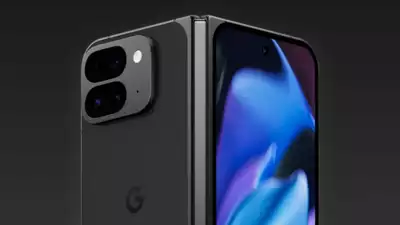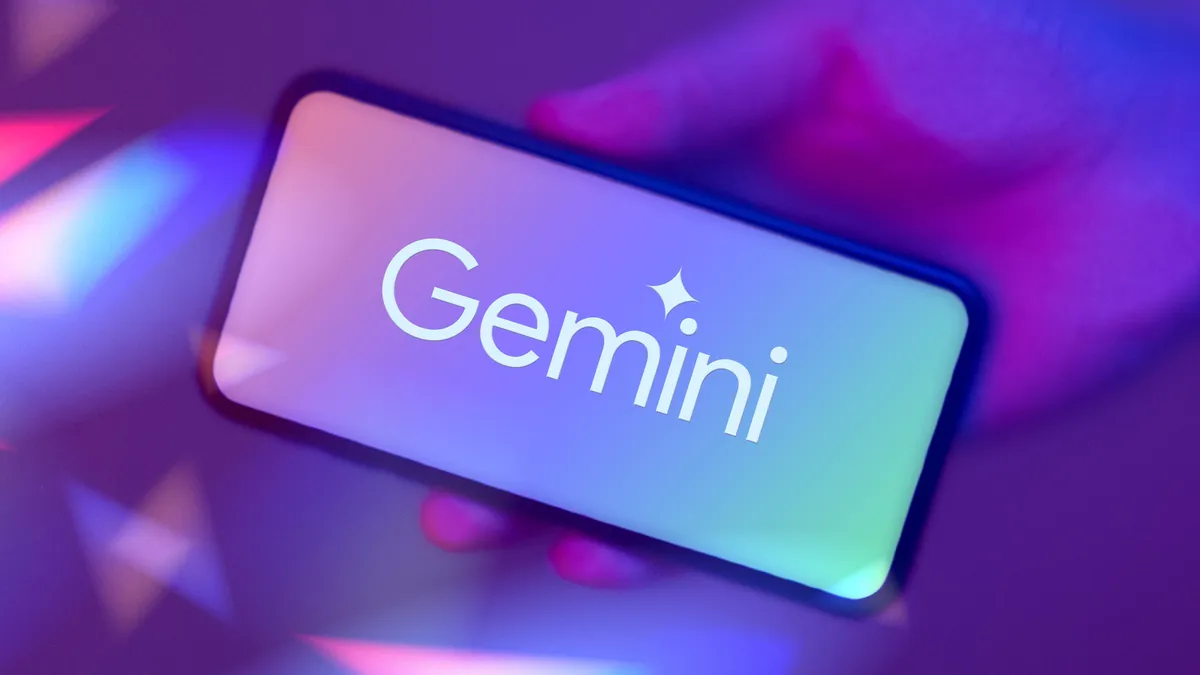At Tuesday’s Made by Google event, Google announced the launch of the Pixel 9 series and its new foldable device in India, marking its debut in the world’s second-largest smartphone market
In addition to its long-standing online partner, Flipkart, Google is broadening its sales channels in the country by collaborating with two offline retail chains: Croma, owned by the Tata Group, and Reliance Digital, a retail subsidiary of Reliance.
Additionally, it implemented three walk-in service centers to enhance post-sales services.
Nevertheless, Android manufacturers face substantial obstacles, as they currently hold less than 1% of the Indian market.
In India, premium product sales are increasing at the expense of their low-end counterparts, which is why the Pixel 9 news has arrived when they are. Apple has been a substantial beneficiary of this trend.
According to IDC, the Cupertino company maintained its dominance in the Indian smartphone market’s super-premium market ($800+) with an 83% year-on-year increase.
Google aims to capture the segment with the Pixel 9 series, priced at 79,999 Indian rupees (~$950) for the standard Pixel 9. The Pixel 9 Pro Fold is priced at 172,999 Indian rupees (~$2,060) at the top of the line.
In contrast, the iPhone 15 is priced at 79,600 Indian rupees (~$950) for the base model and as high as 193,500 (~$2,300) for the iPhone 15 Pro Max.
The narrative thus far
Google has been selling its Pixel phones in India for an extended period; however, it has only recently begun concentrating on the country.
According to IDC data that was exclusively shared with TechCrunch, Google’s smartphone shipments in India increased by over 665,000 units in 2023. This represents a significant increase from the 47,000 units shipped in 2020.
Nevertheless, the company’s market share remained at a mere 0.5%. The Pixel A series has dominated Google’s company. Google has a 65% market share in 2023 while remaining affordable.

However, the Pixel A series, which is less expensive, is not a widely used device in the country. The Pixel 8a is priced at 52,999 Indian rupees (~$630). According to the analyst firm, the Indian market is dominated by the entry-premium segment ($200-$400), which holds a 30% share.
According to Counterpoint Research, the Pixel smartphone range has a 1% market share in India’s premium segment and a 0.25% market share in the Indian smartphone market, consistent with IDC’s findings.
In 2023, the Pixel A series constituted 73% of Google’s total smartphone shipments in India, according to CounterpoiGoogle’slysis.
Tarun Pathak, research director at CounterpoCounterpoint’sCrunch, said, “This series has assisted Google in broadening its presence in the country.” Google was able to access a broader audience due to its affordability.”
Significant high-impact marketing is needed.
Google has expanded its presence in”India over the past few months. To attract the Indian government, which is actively encouraging brands to contribute to developing the South Asian nation as a global manufacturing center, the company began assembling the Pixel 8 smartphones locally.
Additionally, Google’s expansion of its sales channels and after-sales services nationwide is critical.
However, Google’s Analysts contend that Google must allocate significantly more capital to India to enhance its market penetration and compete with companies such as Apple and Samsung.
“Apple is the primary driver of healthy growth at the premium end of the market. However, it is clear that there” is a small but expanding segment of consumers willing to spend.”
With its AI-focused operating system and camera capabilities, Google is interested in capturing a portion of this”market. Navkendar Singh, associate vice president at IDC, informed TechCrunch that this would necessitate substantial, high-volume marketing expenditures to establish a significant market share and consumer mindshare.

Singh further stated that Google must diversify its consumer base in the country by expanding its sales channels, as online transactions account for a single-digit percentage of retail sales.
He stated that a long-term strategy in India that relies solely on online and limited offline presence is not viable, as consumers continue to desire to handle and feel the devices, particularly in the premium segment.
“Google must establish a presence in the offline channel to attract Samsung A series and S series consumers in the”premium retail stores of India’s top 20-30 cities.”
According to analysts, the smartphone vendor may benefit from Google’s decision to India’s momentum with the two” initial offline channels and its online exclusivity, Google’s Flipkart.
Pathak of Counterpoint stated, “We can anticipate a rise in growth and adoption with this multichannel approach.”
According to Counterpoint, the “ixel series is expected to maintain a proportion of less than 1% in India, with “Pixel A models continuing to contribute to Google’s expansion.
Google’s pricing remains the primary factor contributing to its continued lack of interest from Google’s in India.
Singh maintained, “This is not an exceptional price.” “Completely out of synchrony.” It appears that Google is interested in keeping”its margins.

Google also provides a variety of AI features on its new Pixel phones to entice customers. Nevertheless, Singh thought consumers do not make decisions based on AI features or delay purchases in anticipation of such features.
“AI features will be particularly influential in the premium segment in the medium to long term, particularly if and when Apple decides to “integrate AI on-device into its iPhone,” he stated.



